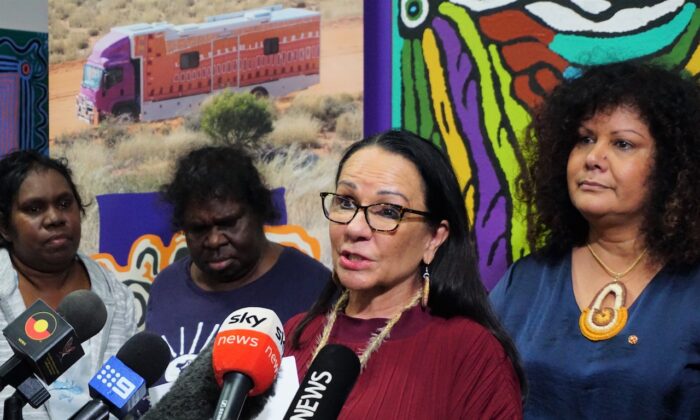Linda Burney, the minister for Indigenous Australians, has shared her thoughts on the three-day curfew implemented in Alice Springs. The curfew was initiated by the Northern Territory (NT) Police in response to a series of violent incidents in the town, including an assault on four police officers by a group of youths.
The curfew, which ran from 10 p.m. to 6 a.m. each day, allowed the police to regulate the movement of individuals to address public disorder in the designated area. While acknowledging the importance of the curfew as a short-term measure, Burney emphasized that it should not be the sole solution to the youth crime crisis.
Burney stressed the need for a collaborative approach between the community and the government to address the underlying issues contributing to youth crime. She highlighted the significance of addressing poverty, poor living conditions, and alcohol abuse that many young people in Alice Springs face.
Additionally, Burney emphasized the importance of empathy towards the youth in Alice Springs who are dealing with challenging circumstances. She pointed out the need to consider the perspectives of these young individuals who may be struggling with fetal alcohol spectrum disorder (FASD) and other challenges.
It was also noted that punitive measures, such as curfews, may not be the most effective solution to addressing youth crime. Catherine Liddle, the CEO of SNAICC, emphasized the need for investments in early education and care as opposed to solely relying on punitive measures.
The article also highlighted the insights of NT Coalition Senator Jacinta Price, who emphasized the importance of creating safe and supportive environments for vulnerable children in town camps.
Overall, the article underscores the importance of a multifaceted approach that considers the root causes of youth crime and prioritizes community engagement and support as key components of addressing the issue effectively. Please rewrite this sentence.
Source link






